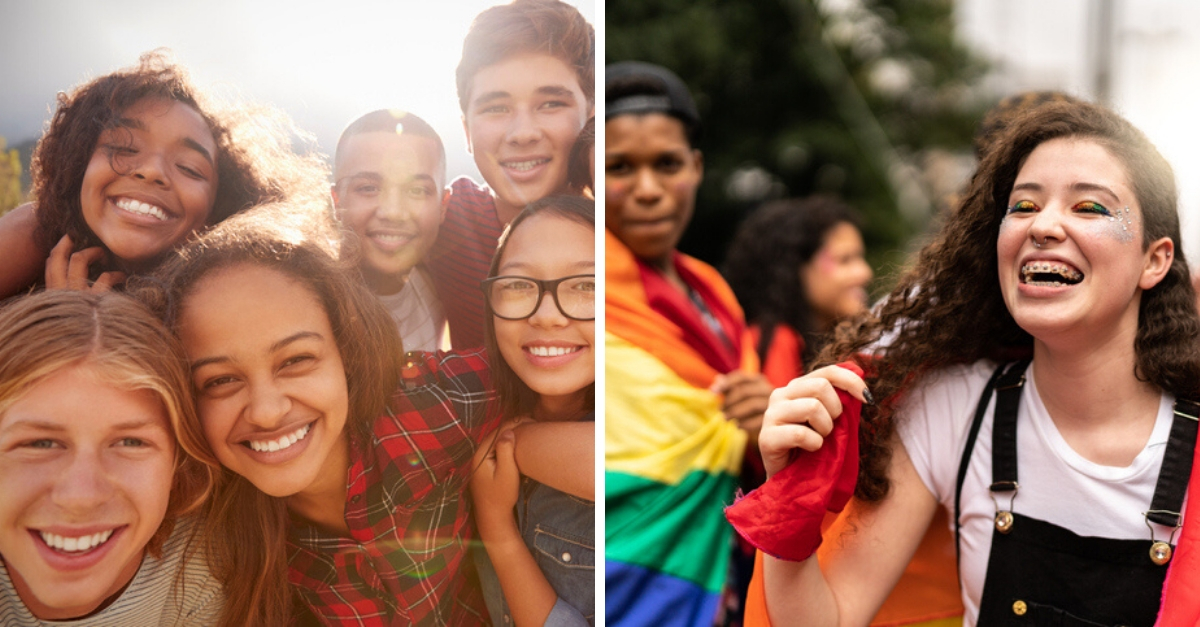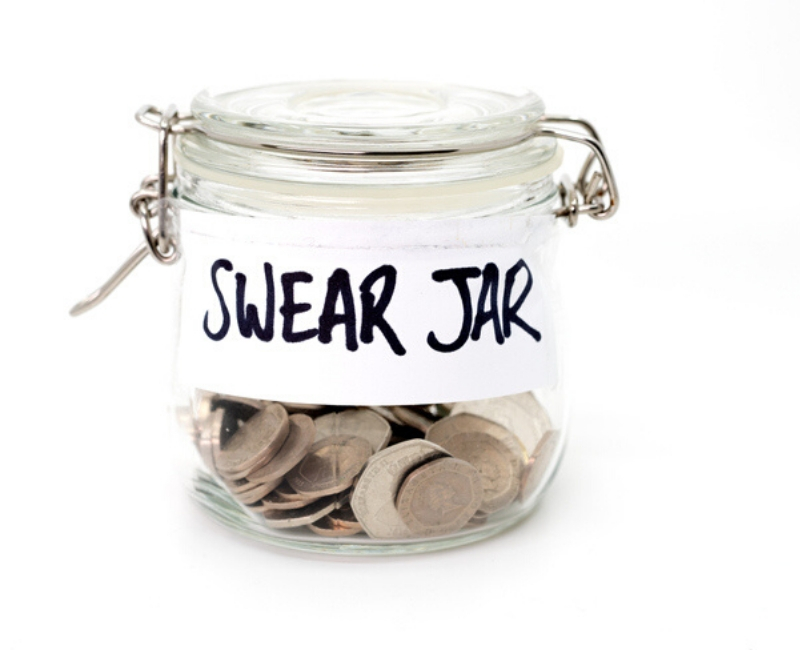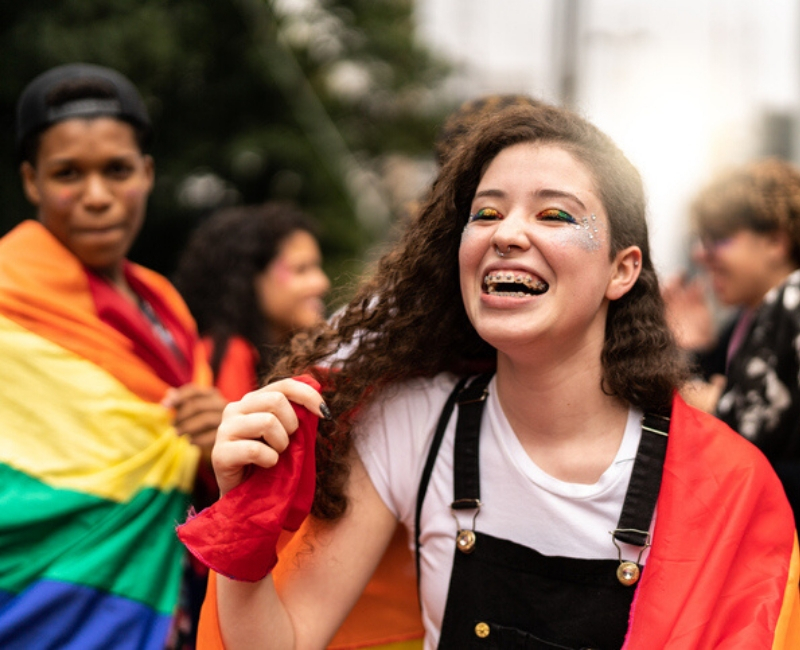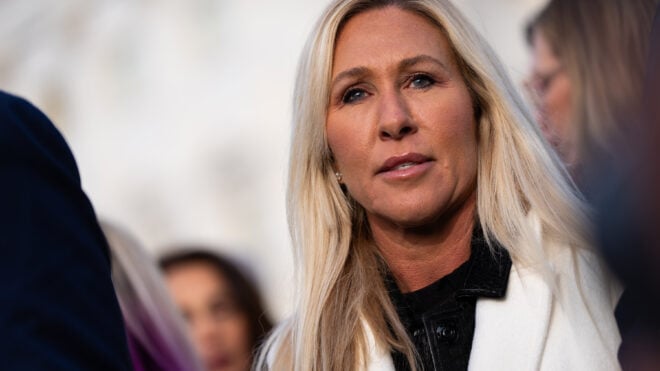
Puberty is a fascinating experience. You never forget the awkwardness of that time period, and it can be hard to figure out the different changes your body and mind are going through.
A lot of kids go through puberty figuring those things out on their own. Not every family feels comfortable approaching topics of gender and sexuality at home, but our society has come a long way. Parents have more resources available than ever before when it comes to broaching these complex conversations. There is still one issue that many parents run into, however.
Societally, we have a lot of ideas ingrained in us that center around gender roles and norms. Those ideas feel outdated in modern society, and with reason. The approach parents take to discussing and managing puberty with their kids shouldn't change depending on their child's physical sex, gender identity, or gender expression.
There is a more thoughtful approach that will lead to a fairer experience across all your children. Instead of making separate rules based on physical sex, focus on more substantive things. An approach that focuses on educating while incorporating family morals and values is a measured approach that can change the experience for many families. Here's how we can avoid dangerous double standards.

Puberty is a very complicated area for both parents and kids to navigate. Kids are going through a lot of changes that impact the dynamic of their personal relationships, including the ones they have with their parents. As children begin this phase of life, many parents try to figure out which rules and values they want to impart on their kids throughout adolescence.

There are a lot of different issues surrounding puberty that make it difficult for families to navigate. One of those issues is gender. Ever since adolescence has been recognized as its own phase of life, puberty has looked at the development of boys and girls differently.

To understand where our societal ideas on puberty and adolescence come from, there are a few points to note. G. Stanley Hall, the founder of the American Journal of Psychology and the first president of the American Psychological Association, was one of the first to study and explain it in 1904.
He described it as the time between the ages of 12 and 18. It's marked by the breaking of voice and facial hair for boys and the first menstrual period and breast development for girls, as well as the emotional developments that follow. Hall emphasized that adolescence was marked by continuous emotional turbulence as part of the journey to establish individualism.

Hall's opinions and observations shaped a lot of attitudes toward puberty and adolescence for nearly a century. It wasn't until the '70s when those notions were challenged. It was pointed out that the whole concept of adolescence and the markers of it were developed based on the behavior of white, middle-class boys, who were the only children studied.

Young women were not expected to experience adolescence full of exploration and rebellion. Women were expected to skip any period of frivolity and instead transition gracefully to modest and responsible household contributors. Across cultures and religions, girls who explore their bodies and sexualities are shunned.

Those ideas permeate classrooms, families, and more, and they're dangerous to our kids. The Double Standard at Sexual Debut: Gender, Sexual Behavior and Early Adolescent Peer Acceptance is a study conducted by Derek Kreager, an associate professor of sociology and criminology at Pennsylvania State University.
The study shows just how early these thoughts impact children's social circles. Boys experience an 88% increase in peer acceptance for having sex as early as middle school, while girls' social circles get smaller as they engage in sexual activity.

The study looked at kids between 11 and 16 from rural Iowa and Pennsylvania between 2003 to 2007. A total of 921 students were surveyed in five waves: in the fall of sixth grade and in the spring of sixth, seventh, eighth, and ninth grades.
"During early adolescence, peer evaluations of initial sexual behaviors and virginity loss are likely to have large and lasting impacts on later sexual adjustment," Derek noted to CBS2 Chicago.
He elaborated on the study's findings: "A sexual double standard then arises because women and girls who violate traditional sexual scripts and have casual and/or multiple sexual partnerships are socially stigmatized, whereas men and boys performing similar behaviors are rewarded for achieving masculine ideals."

Parents who have different rules about boys and girls regarding dating and sexual expression contribute to the continuation of these ideologies. The result? Young boys and girls engaging in physical activities they may not necessarily be ready for, and not sharing that information with any responsible parties who can guide them through it.

If you're wondering how so many parents of so many different backgrounds fall into this pattern, it may be because parenting itself is one of the most prominent places we see double standards in adulthood. The perceptions of what makes a good mom versus what makes a good dad are wildly different.
Dads are typically praised for the smallest efforts and excused when they fall short, while moms are expected to be everything to everyone. Children grow up seeing parents grapple with that dynamic, whether or not the parents realize it.

If you're a parent who is trying to end double standards in your home, look at the why behind your policies. If you allow your teenage son to curse like a trucker, for example, while your teenage daughter can't let a four-letter word slip, ask yourself why? Cursing isn't a particularly gendered activity, but it is one that's more easily accepted by society when it comes from men rather than women.

Let's use sexting as another example. This is a behavior many people warn their daughters against, but what about the teen boys soliciting and distributing these images among their friends? Parents need to talk to their children about owning their sexuality and choosing to share it with others and what the repercussions of that can be regardless of gender.

All of these conversations become more nuanced when you have an LGBTQIA youth. The emphasis on biological sex and the arbitrary rules around it are extremely dangerous to queer young people. Double standards that are based on physical sex lie at the heart of much of the discrimination that LGBTQIA youth face. By eliminating instances of these double standards in our society, we're giving hateful people less ammunition against various gender expressions and sexualities.

These issues may seem too big to change because they are so ingrained in so many areas of our society. Change begins at home, however, and this is an important one to make. Start with your own parenting and encourage your kids to challenge gender norms where they see them.

Parents also need to be prepared for kids pushing back as they recognize inequalities. Many parents take this as an attack on authority. However, seeing it as an opportunity to learn and grow while showing your child how to own up to a mistake can make all the difference in the way your family develops and the relationships they share.




